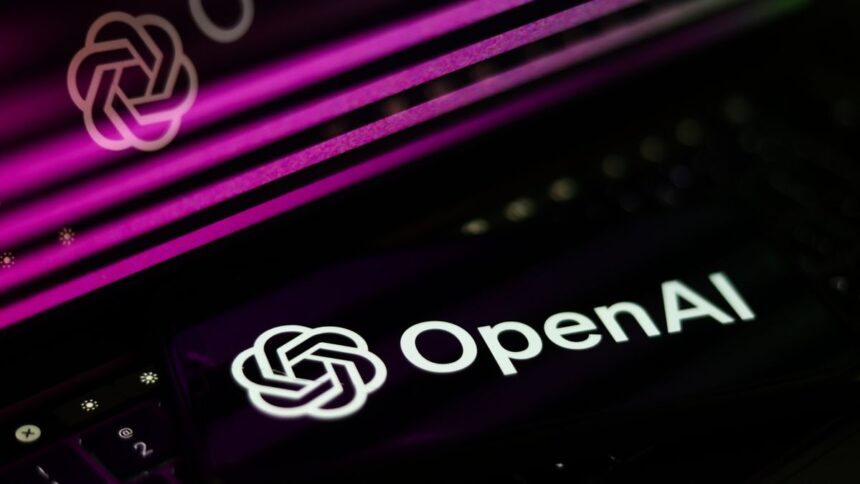First reported by The Guardian, quite a lot of main Canadian information and media firms have banded collectively to sue OpenAI over its use of their articles to coach massive language fashions.
In a press release concerning the lawsuit, Information Media Canada president Paul Deegan argued that “these synthetic intelligence firms cannibalize proprietary content material and are free-riding on the backs of stories publishers who make investments actual cash to make use of actual journalists who produce actual tales for actual folks.
“They’re strip-mining journalism whereas considerably, unjustly, and unlawfully enriching themselves to the detriment of publishers.”
The swimsuit was filed on Friday, and requires a share of any income OpenAI constituted of using articles from these firms, an injunction on OpenAI’s continued use of any content material from them, and damages of as much as $20,000 per article utilized by OpenAI to coach its LLMs. Given the dragnet nature of AI mannequin coaching and the sheer variety of particular person articles doubtless in query, OpenAI could possibly be answerable for catastrophic damages if the courtroom guidelines within the media firms’ favor. The businesses behind the lawsuit embrace:
- The Globe and Mail
- The Canadian Press
- The CBC
- The Toronto Star
- Metroland Media and Postmeda
I am not normally one to lose any sleep over the safety of company copyright, however it’s beginning to turn out to be clear that copyright regulation might show an efficient protection towards AI firms swallowing up the web entire and spitting it again out to us in diminished kind. OpenAI is at the moment additionally keeping off copyright lawsuits from the New York Occasions and a category motion of authors together with George R.R. Martin, whereas Elon Musk has additionally sued OpenAI in a little bit of palace intrigue between him and different co-founders of the supposed non-profit.








